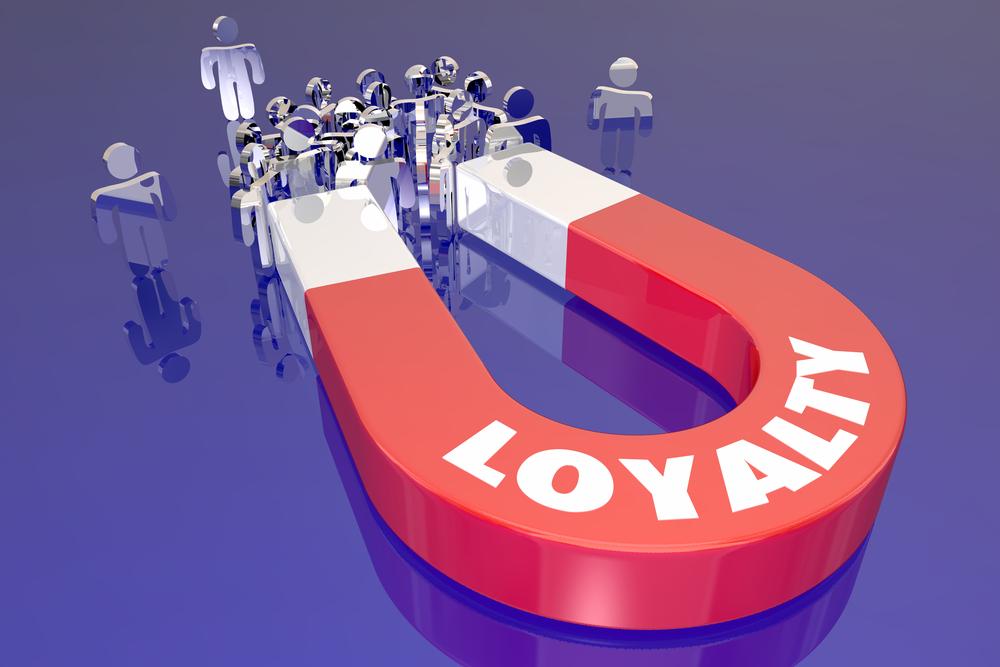
No one would disagree that, even in this tech-fueled age, employees play a critical role in the growth of an organisation. The importance of employee loyalty in the workplace shouldn’t be taken lightly, as it can provide a lot of value to an organisation through devoted hard-working professionals. However, due to the lack of awareness or other reasons, HRDs, in spite of the sector, are facing numerous challenges in maintaining loyalty among employees. The primary cause of these challenges is often employers sidelining the fact that employee loyalty is earned, not taken.
Today, one of the biggest challenges that employers face is recruiting talented individuals. Once they succeed, it becomes an even greater challenge to retain these employees in our highly competitive business culture. Although hefty job compensation and lucrative perks can help in attracting potential employees, it may not be enough to retain them in the long term, if they feel unappreciated by their employers. The likely solution to tackle the employee turnover issue is to develop a strong bond and earn their loyalty.
Loyalty is a characteristic that comes from within. It cannot be forced or demanded. Therefore when a person is loyal to something, they give their best performance to the cause. Similarly, employees’ loyalty to an organisation can encourage them to work harder to perform their tasks with high quality. This will not only push the success rate of any organisation to new heights, but also contribute to retaining talent. Furthermore, loyal employees are more engaging, try to contribute through different ways towards the company’s better future.
The relationship between an employer and an employee is woven with threads of mutual gains. Many employers often interpret the nature of this relationship as the cause guaranteed loyalty from employees just because they also have something through this contract.
Today, workplaces have changed dramatically due to the evolution of technology, economics, work ethics and social values. In this dynamic workplace environment, besides compensation, employees also seek acknowledgement and respect from their employers.
While earning employee loyalty is certainly challenging, it is almost certainly possible. Here are some ways to ensure employee loyalty in any workplace.
The first step in developing employee loyalty is to earn their trust. Employers need to foster a workplace environment where employees feel valued and appreciated for the work they do. Employers must indicate that they are also invested in the progress of their employees. Furthermore, employers should be transparent when dealing with employees’ expectations while also ensuring that organisational interests are not compromised.
No organisation can aspire for success without a hard-working team. It is important to give adequate and timely recognition to employees who outperform. When employees are acknowledged by the company management for their efforts, they also develop a sense of loyalty towards their teams.
While employee recognition is important, recognising everyone equally holds even more significance. Bias often leads to several issues, no matter where it occurs. When employees go unacknowledged in their organisation, their loyalty is likely to suffer a dent. As a potential consequence, the organisation may face higher attrition.
People respond positively when their ideas or opinions are acknowledged, the same also goes for employees. Employers should demonstrate to their employees that they are important and their opinions also matter. This can be achieved by taking employee feedback and then ensuring a follow-up. If employees find themselves as a valuable part of the company’s future, they are likely to remain loyal and continue working.
There’s no doubt that a loyal workforce can help most organisations solve major challenges with greater efficiencies. It ultimately comes down to employers to figure out how they can generate trust. Sure, it isn’t something that can be achieved overnight. This is a continuous process after all. One that requires employers to analyse, build a vision, and act very carefully. One aspect that shouldn’t be forgotten is even the smallest gesture of kindness can go a long way, and have lasting impact on employees. These are exciting times for HR professionals to go about executing their vision and leave lasting legacies!